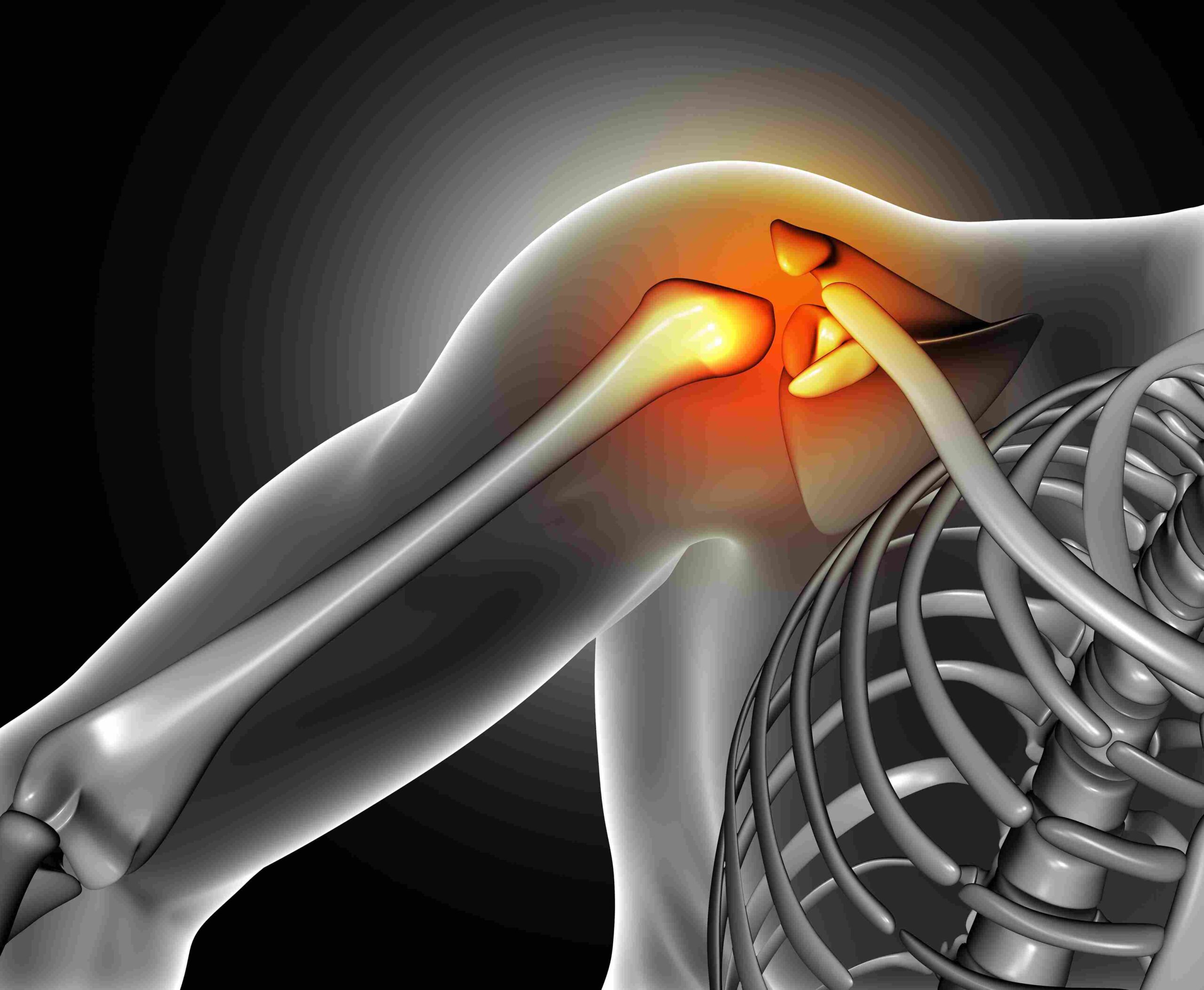
Recovery from shoulder surgery is a journey that relies not just on personal commitment but also on the expertise of the medical professionals involved, including the best shoulder surgeon for your specific needs. The choice of surgeon can significantly impact not only the success of the procedure but also the guidance and support you receive throughout recovery.
Finding the best shoulder surgeon in Delhi involves thorough research and consideration of various factors. Look for specialists renowned for their expertise in shoulder surgeries, often certified by reputable boards and possessing a track record of successful procedures.
Immediate Post-Surgery Phase (Days 1-7)
The initial phase focuses on pain management and allowing the body to heal. Upon waking from anesthesia, you’ll likely experience soreness and limited mobility. Expect the shoulder to be immobilized in a sling or brace to protect the surgical site.
During this time, gentle movement of fingers, elbow, and wrist on the affected side is encouraged to prevent stiffness. However, avoid any vigorous activities and strictly adhere to the post-operative care instructions provided by your surgeon.
Early Recovery (Weeks 1-6)
As the days progress, the focus shifts toward gradual movement and physical therapy. The sling might still be necessary for support, but your therapist will introduce gentle exercises aimed at increasing range of motion without putting strain on the healing tissues.
Therapy sessions will likely include passive and active range-of-motion exercises, initially guided by the therapist. These exercises will help restore flexibility and prevent stiffness. Depending on your progress, your surgeon might allow you to start limited activities like driving or light household chores.
Mid-Recovery Phase (Weeks 7-12)
Around this time, you may notice significant improvements in mobility and decreased pain. Physical therapy intensifies, incorporating more strengthening exercises to rebuild muscle and regain shoulder stability. Gradually, you’ll transition from passive exercises to more active strengthening routines.
The focus remains on gradually increasing the intensity of exercises while avoiding overexertion or straining the healing tissues. Your therapist may introduce resistance bands, weights, or specialized equipment to aid in strengthening exercises.
Advanced Recovery (Months 3-6)
By this stage, most individuals experience substantial improvement in shoulder function. Full range of motion is generally achieved, allowing you to engage in more demanding activities, though still under the guidance of your therapist or surgeon.
The emphasis shifts to functional exercises that simulate everyday tasks, allowing you to regain confidence in using your shoulder. However, it’s crucial to be cautious and avoid sudden, jerky movements or heavy lifting until your surgeon gives the green light.
Returning to Normal Activities (Months 6 and Beyond)
Around the six-month mark, many individuals see significant progress and can resume most daily activities. However, it’s essential to recognize that complete recovery might extend beyond this timeline, especially for more complex procedures.
Returning to sports or physically demanding activities should be approached gradually. Consult your surgeon or therapist before resuming any high-impact or contact sports to avoid reinjury.
Tips for a Smooth Recovery:
Adhere to Rehabilitation Guidelines: Consistency in attending physical therapy sessions and following your therapist’s instructions is key.
Patience is Key: Recovery takes time; avoid rushing through the stages to prevent setbacks.
Maintain Communication: Stay in touch with your surgeon and therapist, updating them on your progress or any concerns.
Healthy Lifestyle: Proper nutrition and adequate rest aid in the healing process.
Avoid Overexertion: Listen to your body and avoid pushing through pain or discomfort.
Conclusion
The best shoulder surgeon is not just a skilled professional in the operating room but also a guide and supporter throughout your recovery. Choosing a surgeon with expertise, experience, and a comprehensive approach to post-operative care can significantly impact your recovery journey and pave the way for a successful return to an active lifestyle.


